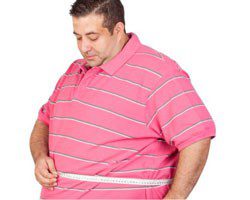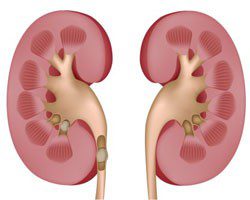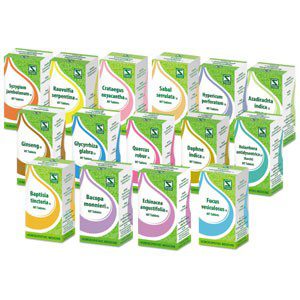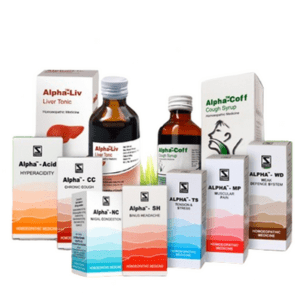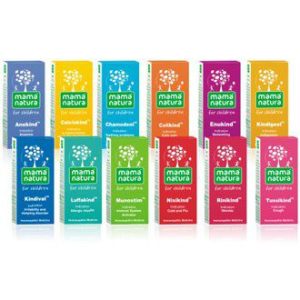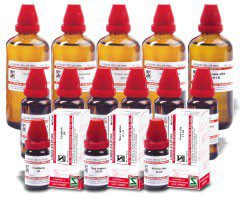Doctors Zone
Journal (JEBH)
Alpha™- Liv Drops
Alpha – Liv Drops Due to high demand from the market, for a formulation in drops for the liver, apart from the syrup already available in the market, Schwabe India developed this product. Introduction The liver plays a key role in metabolism. It has anabolic and catabolic, exocrine and endocrine functions. The liver is a blood reservoir, filter and store of different substances (e.g. glycogen, vitamins). It is the site of serum protein (e.g. albumin, prothrombin, fibrinogen) and enzyme synthesis. Metabolic processes (e.g. bilirubin, hormone, carbohydrate and lipid turnover) and the removal of toxic products are important liver functions. 1 Hepatotoxins (e.g. alcohol, tetracycline, acetaminophen, fungal toxins, and anabolic steroids) can cause specific damage to liver cells. Toxic hepatitis may be clinically silent or severe enough to lead to the rapid development of hepatic failure. Clinical features include hepatomegaly, enzyme abnormalities, fever, abdominal pain, anorexia, nausea, vomiting and weight loss. In patients with underlying cirrhosis, manifestations of portal hypertension may predominate. Aversion to fatty food, abdominal discomfort, nausea and vomiting after meals may be symptoms of 2 cholelithiasis. Jaundice results from accumulation of bilirubin. It has non-hepatic as well as hepatic causes. Hyperbilirubinaemia may be due to abnormalities in the 3 formation, transport, metabolism or excretion of bilirubin. TM Alpha -Liv Drops aids recovery and normalisation of liver functions. Severe liver disease needs specialised treatment. Indications: Slow liver functions, fatty liver, and for supportive treatment of hepatocellular jaundice and toxic liver damage.

Benign Prostatic hyperplasia & Homoeopathic management – Schwabe India
BENIGN PROSTATIC HYPERPLASIA AND HOMOEOPATHIC MANAGEMENT
Currently a multicentric, three-armed, randomised clinical trial had been done to assess the effectiveness of constitutional homoeopathic remedy (HC) and organ remedy along with constitutional remedy (HCOM) alongside placebo in benign prostatic hyperplasia using International Prostate Symptom Score (IPSS), ultrasonographic changes in prostate volume, post-void residual urine, uroflowmetry and in WHO Quality of Life (QOL)-BREF. Patients were included as per the pre-defined inclusion and exclusion criteria in five centers and divided into randomized three group in 2:2:1 ratio and followed-up for 3 months. The statistical analysis was done with modified intention-to-treat principle (mITT). 461 patients screened among 254 patients were enrolled in the study whereas 241 patients were analysed as per mITT. QOL and IPSS due to urinary symptoms had been reported positively in all three groups; however HC group reported more significant changes as compared to other two groups. There was no difference between HC and HCOM groups and they were equally effective in terms of managing lower urinary tract symptoms due to BPH. WHOQOL-BREF have shown positive trend in respect to psychological, social and environmental domains. From the study it is concluded that statistical significance was found in the IPSS in all the three groups but only in HC and not in any of the objective parameters.
Reference:
Bindu Sharma, Pritha Mehra, Praveen Oberai, Varanasi Roja, G. R. C. Reddy, DD Arya, B. S. J. Raja Kumar, PG Mohanan, Akshaya Kumar Prusty, Maya Padmanabhan, Raj K Manchanda. Homoeopathic treatment for lower urinary tract symptoms in men with benign prostatic hyperplasia: An open label randomised multicentric placebo-controlled clinical trial, Indian Journal of Research in Homoeopathy, Year: 2018, Volume: 12, Issue: 3, Page: 113-124.
Recent Advancements in Basic Homeopathic Research – A Report on Two Significant Publication
In a study conducted at the Experimental Farm of the State University of Santa Catarina, Brazil, researchers investigated the impact of homeopathic treatments on piglets during the nursery phase. The study aimed to determine whether homeopathic agents could reduce fighting behavior, improve growth performance, and affect hematological, metabolic, and oxidative variables. The study included 108 weaned piglets divided into four groups: a negative control group receiving only the basal diet, and three groups receiving different homeopathic treatments at varying dosages.
Journal of Evidence Based Homeopathy Volume: 1, Issue: 1, January - June 2023
Comprehensive articles

Agrohomeopathy – A Review
Short cases

Unmasking the Intricacies: A Pyogenic Abscess Case Report

Lichen Simplex: A Singular Case Study

Ranula Unveiled: A Case Report and Management Approach

Lichen Simplex: A Singular Case Study

A Puzzling Presentation: A Case Report of Jaundice
Recent provings and updated materia medica

Acidum Formicum

Mygale

Thea Chinensis
Materia medica on phytohomeopathy

Chrysarobinum

Sanguinarinum nitricum

Thiosinaminum
Mother tincture

Asparagus Officinalis

Ginkgo Biloba

Rosmarinus Officinalis
Product watch

Alpha™- Liv Drops

Good Morning™ Constipation Drops

Zauber™ Hair Drops
Research News








